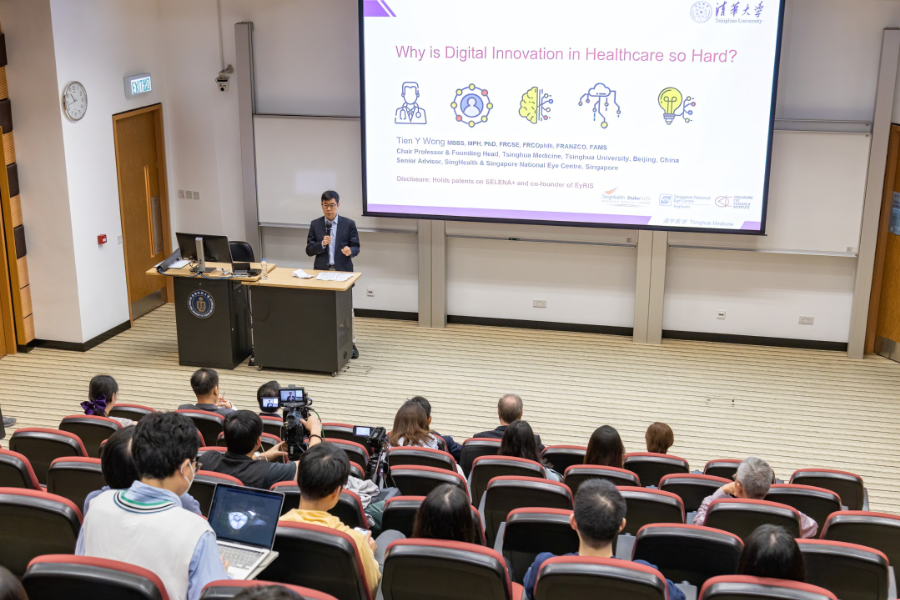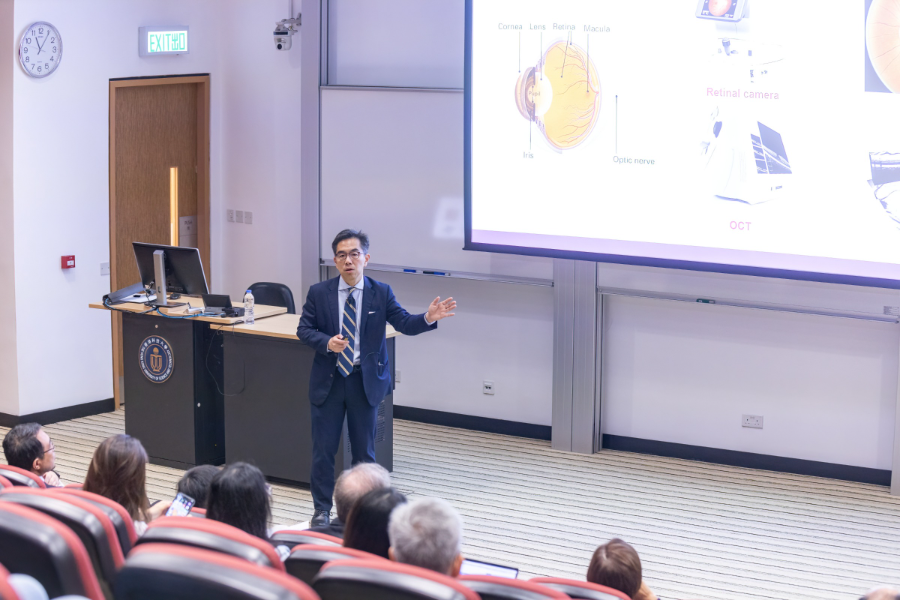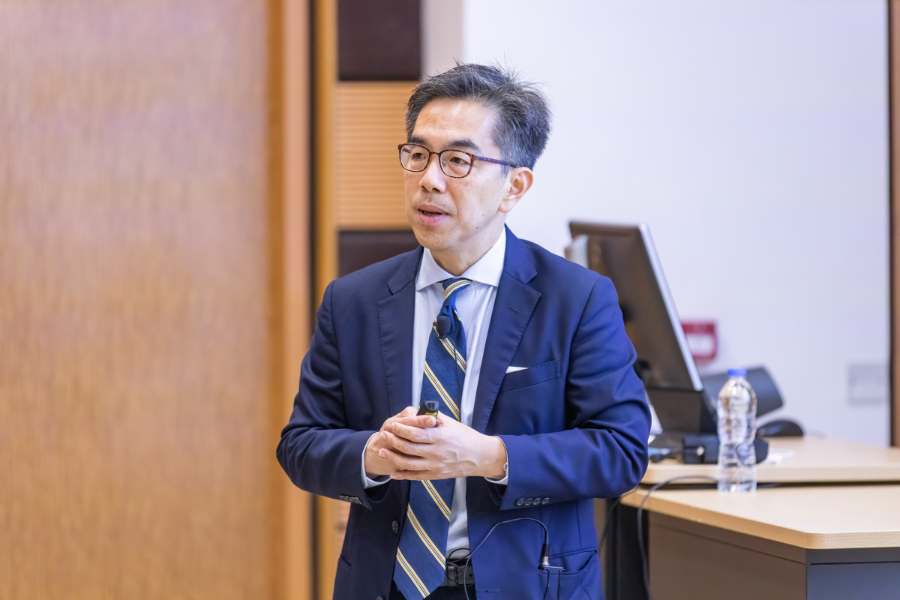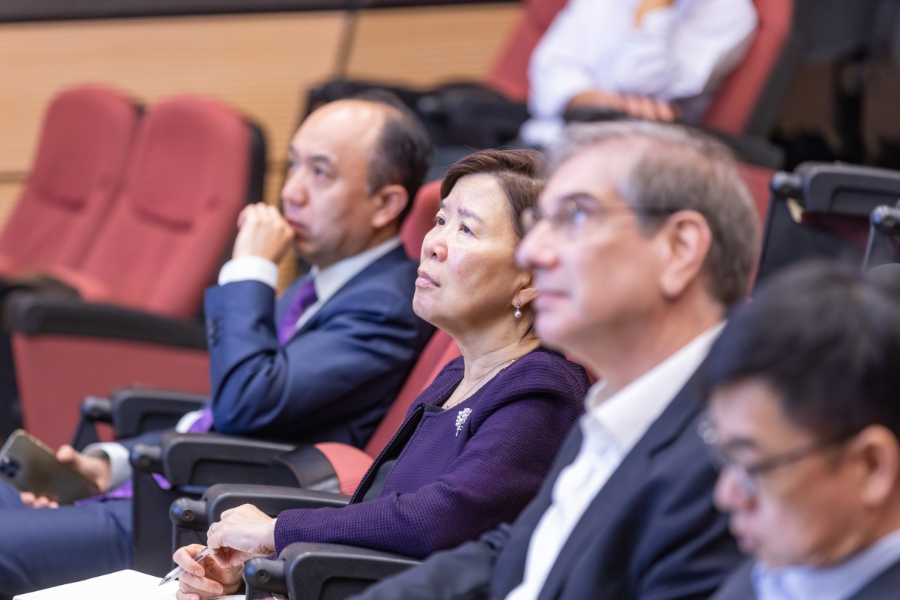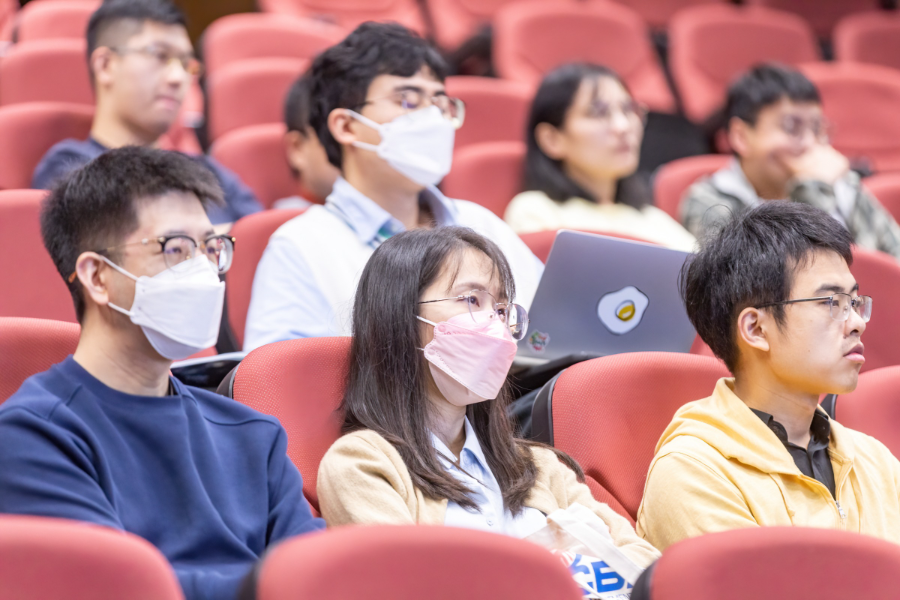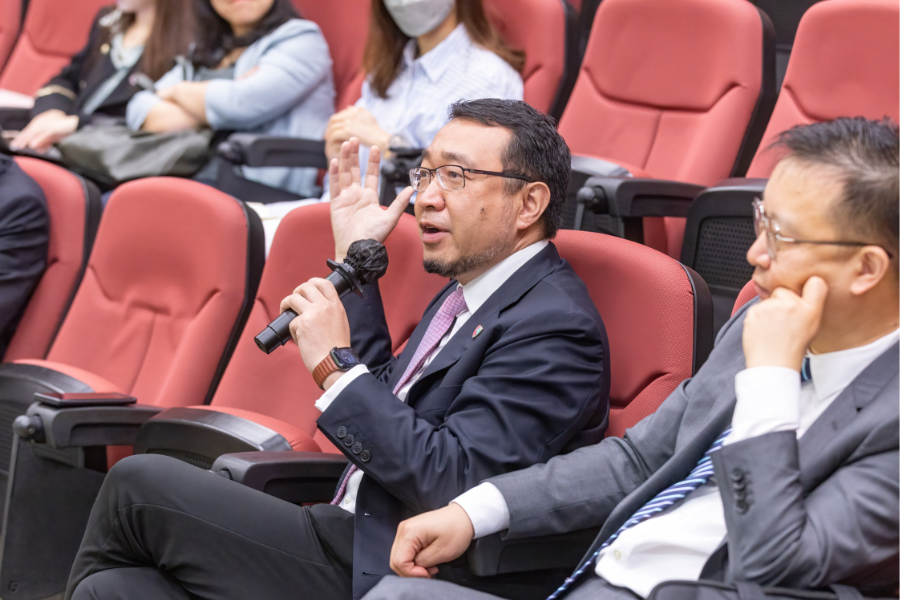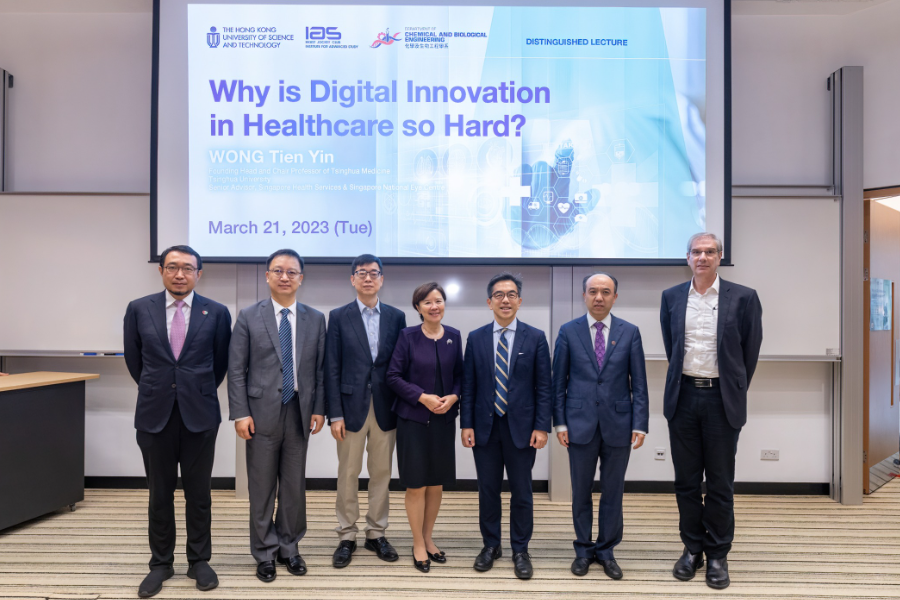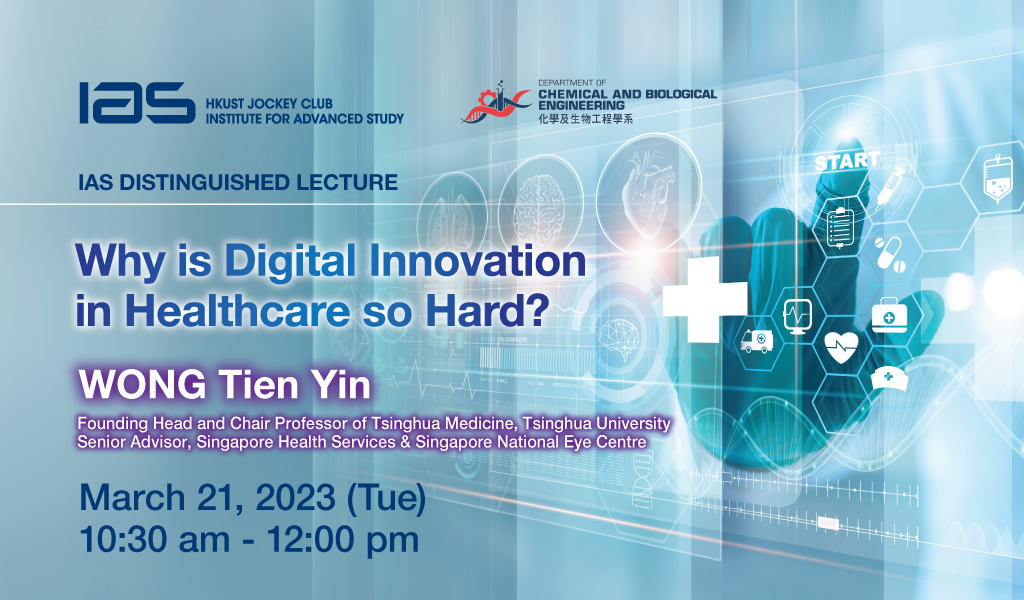Why is Digital Innovation in Healthcare so Hard?
Abstract
Digital technology, such as artificial intelligence (AI), telemedicine, the internet of things (IoT), big data analytics and 5G networks, has vast potential to impact on healthcare. However, the pace of adoption of digital technology has been slow in healthcare settings. This is related to a complex interaction of technical and non-technical factors. For example, many AI and digital technology have been narrowly tested in highly experimental “lab settings” and not validated in “real-world” clinical settings and in local patient populations and context, making physicians and policy makers hesitant to embrace these technologies safely. Non-technical factors (e.g. patients’ and physicians’ acceptance, support from professional bodies, data security and medico-legal risks, government funding and reimbursement) also impede the adoption and scaling of digital technology in healthcare. In this talk, the speaker will share concepts of AI, telemedicine and other digital technology. It will cover case studies and lessons learnt in digital innovation in ophthalmology, covering digital “virtual (without doctors)” clinic where non physician technicians evaluate patients and doctors have video-consultations, implementation of a home-monitoring app to monitor stable patients at home, and a national AI-telemedicine “hybrid” screening program in diabetic retinopathy. Understanding issues and challenges are critical for academic institutions, healthcare policy makers, hospital leaders, clinicians, scientists, engineers and industry to design and implement digital innovation in healthcare settings.
About the Speaker
Prof. WONG Tien Yin completed medical school at the National University of Singapore (NUS). He obtained an MPH and a PhD from Johns Hopkins University and received his clinical residency training in ophthalmology at the Singapore National Eye Center (SNEC). He completed research and clinical fellowships at the University of Wisconsin-Madison and the University of Sydney. From 2014 to 2021, he was Arthur Lim Professor of Ophthalmology and Medical Director at SNEC. He was concurrently Deputy Group CEO (Research and Education) and Vice-Dean at SingHealth Duke-NUS Academic Medical Centre. Prior to these roles, he has served as the Executive Director of the Singapore Eye Research Institute, the Chairman of the Department of Ophthalmology at NUS, and the Chairman of the Department of Ophthalmology at the Royal Victorian Eye and Ear Hospital of the University of Melbourne. In 2022, he was appointed the Founding Head and Chair Professor of Tsinghua Medicine, a new academic healthcare system based at Tsinghua University.
Prof. Wong is a retinal specialist with expertise in macular and retinal diseases such as diabetic retinopathy and age-related macular degeneration. He leads a broad-based research program comprising epidemiological, clinical and translational studies on eye diseases, ocular imaging and digital technology, including AI. He has published over 1400 peer-reviewed papers in journals including the New England Journal of Medicine, The Lancet, The Journal of the American Medical Association (JAMA), and Nature. He is the member of the International Advisory Board of The Lancet Digital Health and has served on the Editorial Boards of Ophthalmologica, Journal of Hypertension, JAMA Ophthalmology, Acta Diabetologica, The Asia-Pacific Journal of Ophthalmology and Health Care Science.
For his professional service, leadership and research, Prof. Wong has been recognized internationally with numerous awards. He is the recipient of the Alcon Research Institute Award (2006), the AMGEN Medical Researcher Award of the Australian Society for Medical Research (2007), the Achievement Award of the American Academy of Ophthalmology (2008), the Arnall Patz Medal of the Macula Society (2014), the Jose Rizal Medal of the Asia-Pacific Academy of Ophthalmology (2019) and the Vision Excellence Award of the International Agency for the Prevention of Blindness (2020). In Singapore, he has received the National Outstanding Clinician Scientist Award, the President’s Science Award and the President’s Science and Technology Award, the highest awards for healthcare and scientific contribution within the country.
Prof. Wong was elected the Eisenhower Fellow in 2013, the Fellow of the Association for Research in Vision and Ophthalmology in 2015, the Fellow of the Singapore National Academy of Science in 2018 and the Fellow of Australian Academy of Health and Medical Sciences in 2021. He is also an Elected Member of the Academia Ophthalmologica Internationalis, the American Ophthalmological Society and the US National Academy of Medicine.
Co-organizer
Department of Chemical and Biological Engineering, HKUST
For Attendees' Attention
Seating is on a first come, first served basis.


